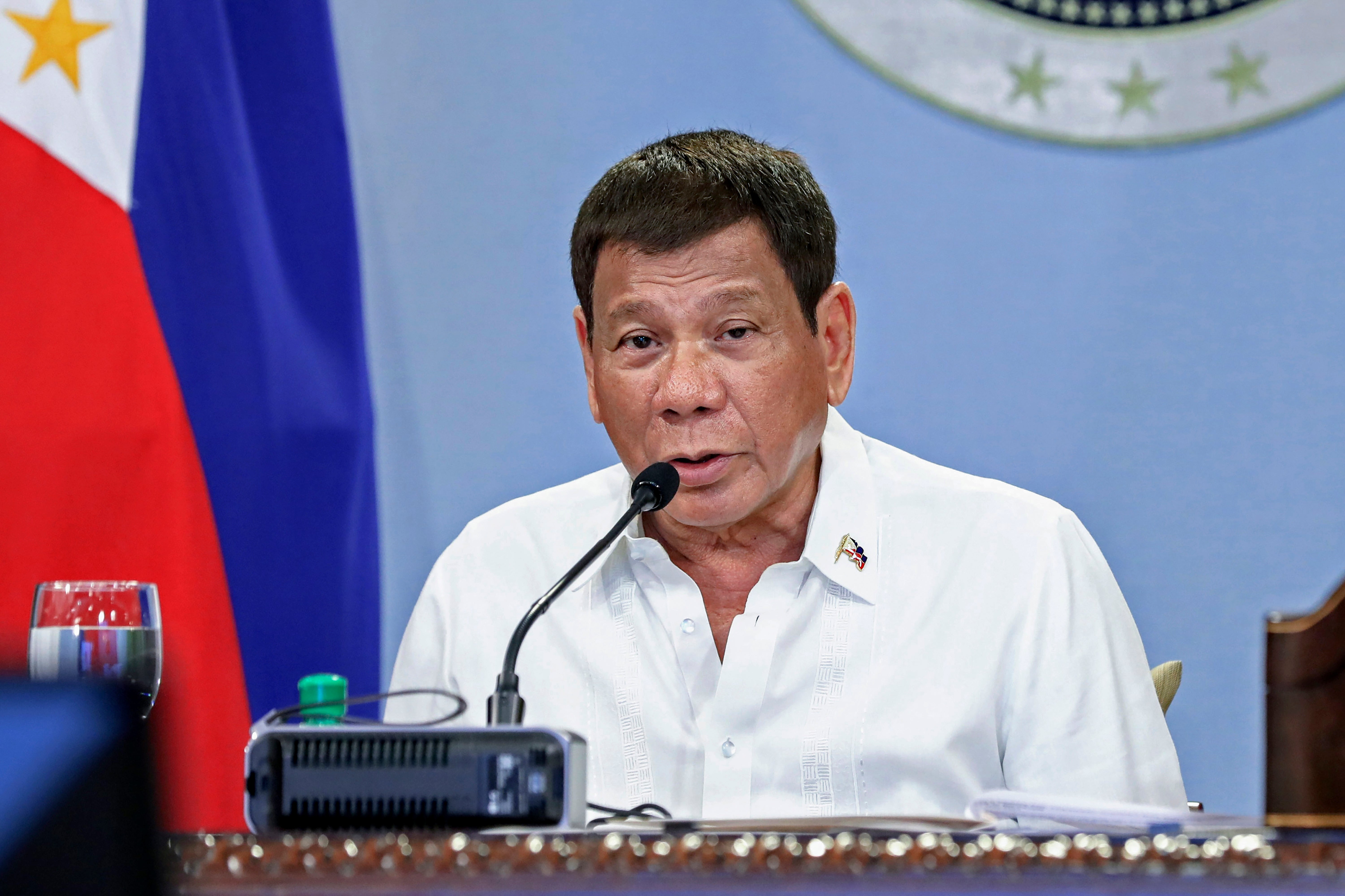Thousands died in the Philippines' 'war on drugs.' An international probe will now go ahead
Appeals judges at the International Criminal Court have ruled that an investigation into the Philippines so-called “war on drugs” can resume

Your support helps us to tell the story
From reproductive rights to climate change to Big Tech, The Independent is on the ground when the story is developing. Whether it's investigating the financials of Elon Musk's pro-Trump PAC or producing our latest documentary, 'The A Word', which shines a light on the American women fighting for reproductive rights, we know how important it is to parse out the facts from the messaging.
At such a critical moment in US history, we need reporters on the ground. Your donation allows us to keep sending journalists to speak to both sides of the story.
The Independent is trusted by Americans across the entire political spectrum. And unlike many other quality news outlets, we choose not to lock Americans out of our reporting and analysis with paywalls. We believe quality journalism should be available to everyone, paid for by those who can afford it.
Your support makes all the difference.Appeals judges at the International Criminal Court ruled Tuesday that an investigation into the Philippines' so-called “war on drugs” can resume, rejecting Manila’s objections to the case going ahead at the global court.
The court’s investigation was suspended in late 2021 after the Philippines said it was already probing the same allegations and argued that the ICC — a court of last resort — therefore didn’t have jurisdiction.
The Philippines launched its appeal after judges in January agreed with the court’s chief prosecutor, Karim Khan, that deferring the investigation to Manila was “not warranted.” At the time, judges ruled that the domestic proceedings did not amount to “tangible, concrete and progressive investigative steps in a way that would sufficiently mirror the court’s investigation.”
At a hearing Tuesday, Presiding Judge Marc Perrin de Brichambaut said that the five-judge appeals panel, in a majority decision, agreed and rejected the Philippines' appeal.
More than 6,000 suspects, most of them people who lived in poverty, have been killed in the crackdown on drug crime, according to government pronouncements. Human rights groups say the death toll is considerably higher and should include many unsolved killings by motorcycle-riding gunmen who may have been deployed by police.
Former Philippine President Rodrigo Duterte has defended the crackdown as “lawfully directed against drug lords and pushers who have for many years destroyed the present generation, especially the youth.”
Duterte withdrew the Philippines from The Hague-based court in 2019 in a move rights activists said was an attempt to evade accountability and prevent an international probe into thousands of killings in his campaign against illegal drugs. However, the ICC still has jurisdiction over alleged crimes committed when the country was still a member state of the court.
The current Philippine president, Ferdinand Marcos Jr., said last year that Manila has no plan to rejoin the ICC, a decision that supports his predecessor’s stance but rejects the wishes of human rights activists.